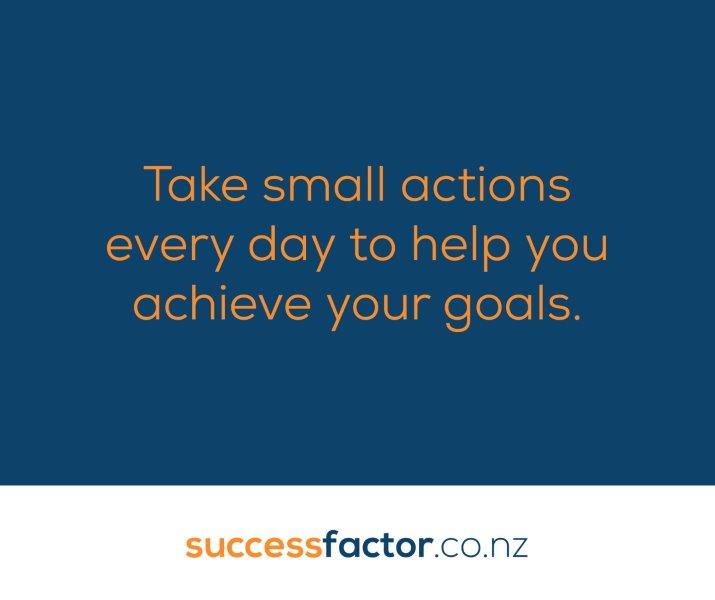
We all have habits, good and bad. Unfortunately, it’s the bad ones we can’t seem to shake and the good ones we can’t seem to incorporate.
How might we develop supportive daily habits which will be of benefit to me and reduce stressors in our lives?
Check out these SIX steps below and see how you can develop some positive actions to make you healthier, happier and more productive and efficient.
- Priorities – Consider what you top three priorities in your life are right now. By doing this we are teasing out those important things we perhaps have been putting off or not had time for, or because other seemingly unimportant priorities have seeped in. Often the priorities we focus on are that for others rather than ourselves, so trying to have at least one priority which is personally focused specially for us
- Stressors – List your top three stressors. Normally we don’t need to consider these as these are always there, in front of our face, front of mind, causing us worry continuously which end up hindering us in focusing on the positives. Unfortunately, stressors are habitual just as not fulfilling our priorities, the longer we ‘allow’ stressors to be ‘in’ our lives and affect what we do and think the harder it is to let them go
- Actions – Now here’s the hard part. Developing supportive daily habits or daily actions you can introduce into your life. Consider actions which support you. These may be personal habits, something in work, your career or your business. They might be something to do with health, home, work, life. Do make sure they are measurable, following the SMART (specific, measurable, achievable, realistic, timebound). This ensures you know exactly what you are going to do, when you are going to do it, how you are going to do it and most importantly ensure you know why you are doing it.
- Benefits – Most people don’t achieve their goals or achieve their actions because there isn’t an emotional benefit attached to them. You must have an emotional benefit attached to any action or goal to ensure there is something ‘in it for you’ the WIIFM syndrome! When you have this identified and clear in your mind, then that’s the ‘thing’ to hang onto when working on your goal or action. Picture the benefit, imagine what it feels like, so it feels real now, it’s like imagining you are there already
- Committing – Here’s another hard one, which is committing to what you’ve written down and agreed to do. Trying to break out of old or bad habits is hard, it’s become a rut and when we get stuck in the rut it’s really hard to get out of it, drifting back in when things get tough. Having a firm commitment of what you will start, when you will start it and writing these down being as specific about the when and the how, ensuring you regularly check with yourself on how well you are keeping on track
- Practice – You are working towards a brand-new you. This takes not only commitment but practice, and the more you practice the better you will become. Focusing on the person you want to be and writing this down can be helpful, a personal positive affirmation of the person you want to be.
Remember it takes time and practice to implement new habits, and beginning with easy actions and slowly as you do them frequently, they will become habits. This could take you 4-6 weeks and even months to embed fully.
Subscribe to Success Factor Wednesday Wake-Up: www.successfactor.co.nz
#successfactor
